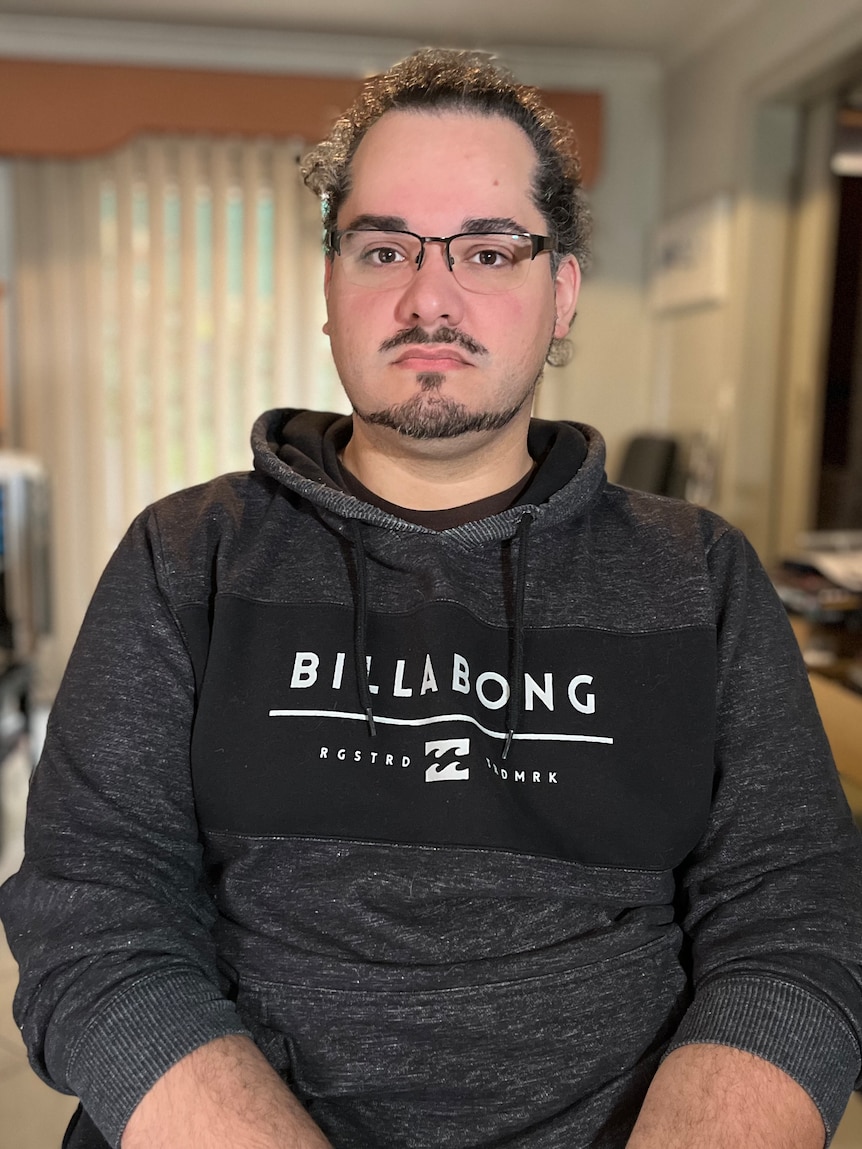Callum Gossland loves being social but it is not always easy for him.
He lives with a Functional Neurological Disorder (FND) and uses a wheelchair when he leaves the house.
The 30-year-old said he has to do “lots of research” to find public places with accessible bathrooms before he commits to social plans.
“The number of times that I’ve been caught out trying to get to somewhere, no matter how many times I looked at it in advance,” he said.
“A lot of our [Adelaide] infrastructure especially in the CBD is very old and it’s not very friendly to anybody with walking aids, wheelchairs, anything.
“It might be something I really want to do, but then I think about the accessibility side of things and I’m just like I can’t, I really cannot. Honestly it’s stressful to the point that it does stop you going out at times.”
In last year’s federal budget, the Australian government announced it would spend $32.2 million over four years towards a third of the build cost of a ‘Changing Places’ bathroom in local government areas without one.
Federal Social Services Minister Amanda Rishworth, along with South Australia’s Human Services Minister Nat Cook recently opened a ‘Changing Places’ facility at Burnside’s public pool in Adelaide’s eastern suburbs.
It is one of 21 ‘Changing Places’ bathrooms installed in South Australia, with another one opening soon in Lobethal in the Adelaide Hills.
A ribbon-cutting ceremony was held alongside Burnside council members to celebrate.
But just weeks after it was officially opened inside the Burnside pool, the toilet was closed to the public until late September and will only be available for use when the pool re-opens.
Ms Rishworth said it costs between $180,000 to nearly $300,000 to install a ‘Changing Places’ bathroom, as they include a height adjustable adult-sized change table, and a constant charging ceiling track hoist system as well as a centrally located peninsula toilet and more circulation space than a standard toilet.
“A ‘Changing Place’ is more than just an accessible bathroom,” she said.
“While accessible bathrooms and accessible changing areas are important, a ‘Changing Place’ is the gold standard.”
‘Sensationalising support’
While Mr Gossland welcomed the opening of a new ‘Changing Place’ toilet, he was critical of the governments’ decision to hold a ribbon-cutting ceremony to mark the occasion, labelling it “patronising”.
He said that hosting a celebration for the opening of an inclusive bathroom demonstrated the “lack of facilities”.
“It’s often met with quite a bit of scepticism, not over the functionality of the facilities but the fact — again we are doing all this ribbon-cutting for not a lot,” he said.
“It’s sensationalising supporting people that have special needs, disability, accessibility issues at the end of the day we are just people as well,” he said.
“We aren’t asking for anything more than being able to live.”
‘All journeys take smalls steps’
Ms Cook responded to the criticism and said it was important to “celebrate successes”.
“All journeys take small steps to achieve a bigger conclusion especially in terms of inclusion and advocacy in our community,” she said.
In a statement, Ms Cook responded to questions raised about the new ‘Changing Places’ facility at Burnside being closed for the next six months.
“The outdoor pool at Burnside is closed for the winter, but when it re-opens in September it will be open for everyone,” she said.
“Fully accessible changing places are an important way we can create a more inclusive society for the one in six Australians with disability.
“It’s proof of our commitment to dismantle the barriers that too often stop people with disability from participating in community activities, like outdoor swimming – when the weather permits.”




